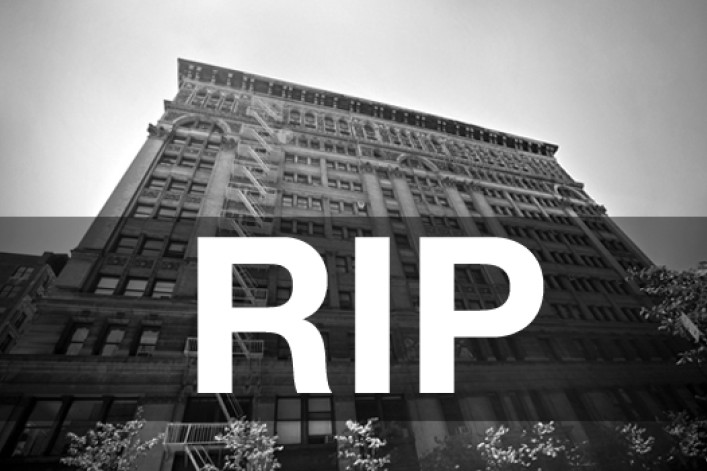Should a 'death clause' kill a deal?

Mortality--especially someone else's--is probably the last thing you would imagine contemplating in a contract on the way to a close. But a thread on StreetEasy.com suggests that a "death clause"--nullifying the sale and returning the deposit if a buyer dies--is a real consideration more often than most sellers think. The question is, should it be a deal breaker?
By a narrow margin, the answer is no. The clause probably represents the buyers' emotional and financial reality. "It would have been horrible beyond measure to contemplate living alone in the apartment we intended to make OUR home. And financially, the purchase would have been disastrous/impossible for me to afford if my higher-earning partner died, and extremely difficult for him to afford if I croaked," says one commenter.
Moreover, between contract and closing was eight weeks. "The risk is so minimal, a seller would be silly to bicker over such a thing," the post said.
Perhaps. "I never expected in a million years that my cruise to Mexico would have been canceled to the swine flu outbreak, losing my money as the cruise line only offered us a re-schedule that I couldn't use! Things come up in life that you never expect."
That risk can be further reduced, death-clause proponents advise, by pushing for an expedited close and subtracting from the refund the seller's legal fees and, perhaps, out-of-pocket expenses on any new digs, if he or she has one.
(StreetEasy.com)
Related posts:
Ask an Expert: I can't sell my condo because the sponsor didn't file taxes last year
The upside of a co-op board interview


























